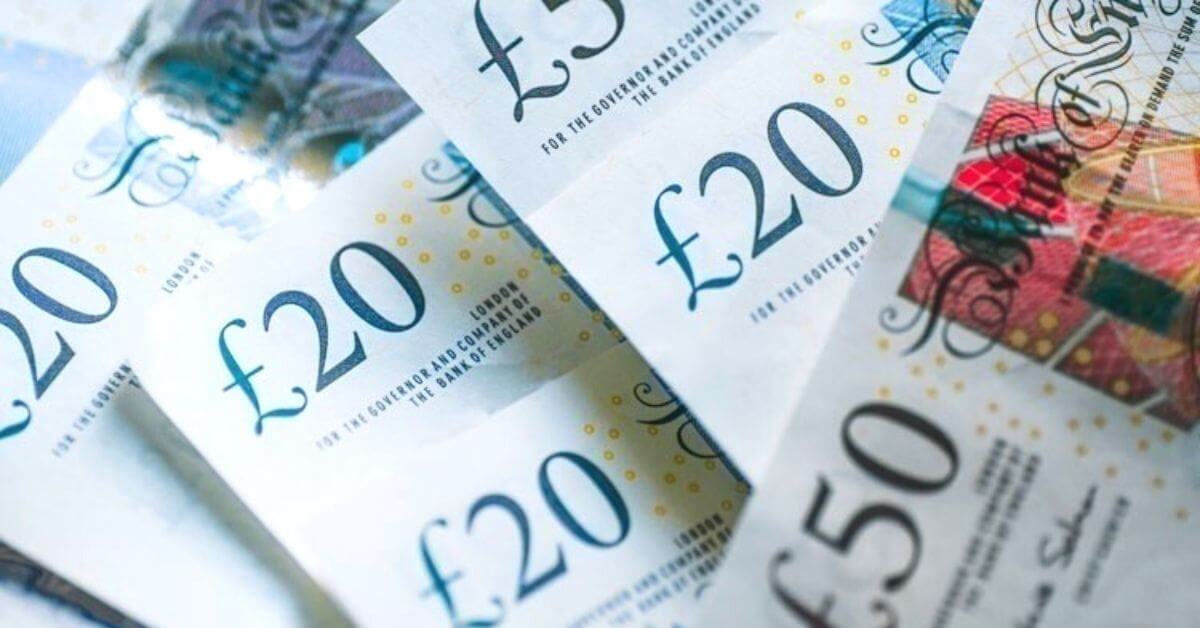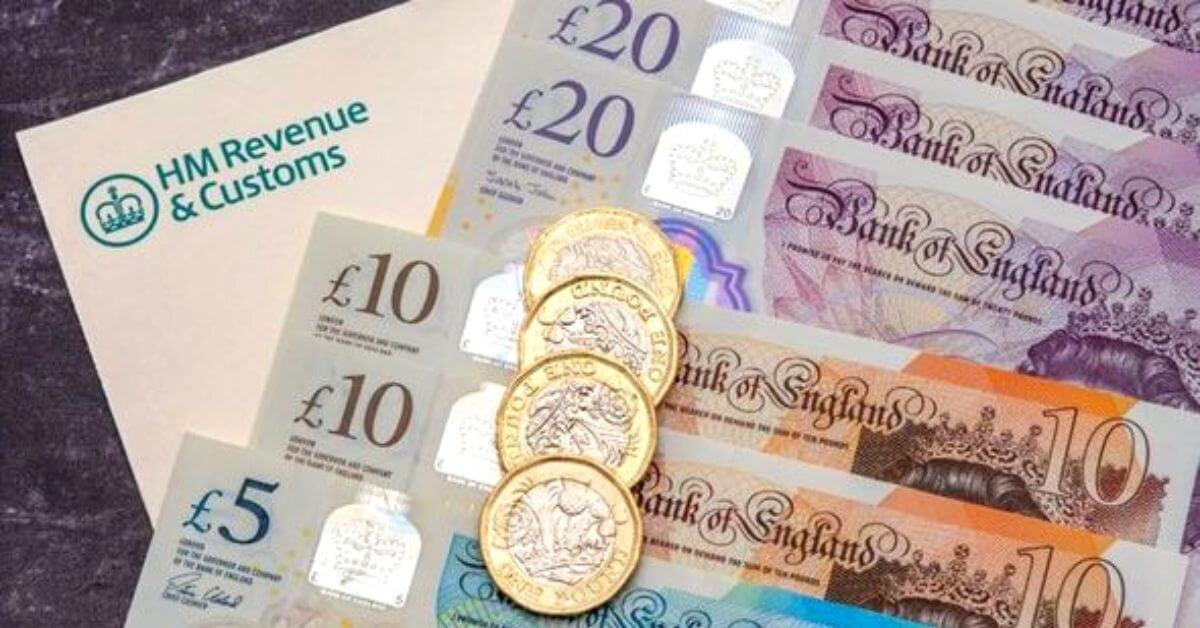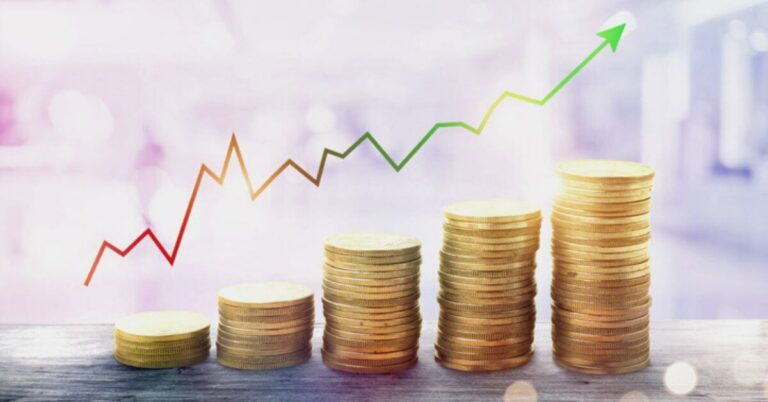Inflation has been a major issue for those with savings and investments in the present economic climate, significantly reducing their money’s buying value.
When money gradually loses value, there is inflation. Things are typically more expensive now than they were a few years ago, and this is a constant.
Inflation Fears Investors
According to some recent reports, the average UK saver has lost over £1,000 over the previous five years as a result of a combination of inflationary pressures and low-interest rates on savings accounts.

Think about the last few decades and what you could have for a pound to see it occurring.
We’ll examine it in terms of bread loaves:
- 1970: £1 bought ten loaves of bread.
- 1980: £1 bought three loaves of bread.
- 1990: £1 bought two loaves of bread.
- 2020: £1 bought one loaf of bread.
Therefore, £1 today will buy you far less than it did in 1970, and in another 10 years, it will buy even less. Inflation is to blame for this. The “buying power” of money is what causes this.
In the event that this occurs and interest on savings rates remain the same, savings accounts would essentially lose 10.5 percent of their value, or £789, each year.
If someone had saved £7,500 in 2012, they would have lost 12.6 percent, or about £950, in real terms, over the past ten years.
Given the protection they provide and the fact that you still receive interest from them, they are still a wise decision for many consumers.
But a bear market, which many believe will worsen, isn’t exactly boosting confidence in bitcoin or investment options. The chance of losing part or the whole of your money exists along with the opportunity for gains that beat inflation.
Additionally, savings accounts no longer pay as much as they formerly did. Savings account interest rates have been steadily declining since they reached a peak of 13.56 percent in 1990.

The average interest rate fell to 0.35 percent in 2021, a 97 percent decrease from 1990, making it the lowest rate in the previous 35 years.
Even though interest rates have risen once more since 2021, some savings accounts now provide interest rates of up to 3.5 percent, this is still far behind historically high inflation.
Further, The fundamental advantage of an ISA or Individual Savings Account is that you can invest or save money without having to pay capital gains tax or tax on income on any interest income.
It is tax-free because you are not required to report interest or capital appreciation on investments or savings up to that level on your tax return. But bear in mind that these guidelines could change in the near future.
Your money cannot be guaranteed to be safe from the impacts of inflation.
One guideline is that cash savings accounts are typically not the greatest long-term investments because the return is frequently lower than inflation, which reduces your purchasing power.
However, investing can be wiser if you want to save money for at least five years.
Read More: Celsius, Billion-dollar Cryptocurrency Corporation Has Gone Bankrupt


